'Dreadful Murder'
'For a week past, the water in the well of the Duke of York public-house at Brompton, Kent, had been affected with so nauseous a taste and smell that it became unfit for use. The servant, when drawing, found something hindered the bucket from filling…and thought that she perceived something like a body, and on moving the rope backwards and forwards to fill the bucket, she found pieces of skin and animal substance adhering to it when it was drawn up. Within the last few days, the smell at the mouth of the well had become so exceedingly offensive that no one would go near it.’
‘On Saturday morning, some soldiers who were drinking at the Duke of York, offered, for a trifling reward, to go down the well and clear it of its impurity. A young man was accordingly lowered down, but before he arrived at the bottom, he was almost overpowered by the fetid effluvia, and called out to the men who were lowering him to stop. Having waited a few seconds and recovered himself, he proceeded. He, with infinite horror and dismay, discovered a naked human body floating on its back. To be certain, he took hold of the hair, when the body rolled over, and the hair and scalp became detached from the skull and remained in his hand. Terrified in the extreme, and almost reduced to insensibility at the horrid sight, he called to the men on the brink of the well to draw him up…’
The Morning Chronicle wasn’t alone in this period in its use of sickening and repugnant detail. The Times, that highly respected and most illustrious of newspapers, also pandered to the public’s taste for blood and gore. Describing another of Lavender’s cases, a particularly nasty attack on an eighty-six-year-old man in Northamptonshire, The Times took great pleasure in telling its readership about the ‘large quantity of clotted blood that had settled in his [the victims’] mouth.’
The second thing I noted in the Morning Chronicle’s report about the Donallen murder was the reporter’s indifference to the danger posed to the staff and customers of The Duke of York by the contaminated water. But when we put this in historical context, it’s not surprising really. It would be several more decades before doctors and scientists linked the drinking of poisonous water to lethal outbreaks of cholera and typhoid fever.
This was still an era when whole families took picnics to watch public hangings. The brutal treatment of male and female prisoners – and their children – in our over-crowded jails and prison hulks barely elicited a shrug of concern (although prison reformers like Elizabeth Fry were starting to make their voices heard). Sometimes crowds of ten thousand people lined the streets and encircled the gallows to watch the suffering and terror of the condemned. They cheered when the dying criminals twitched and defecated themselves at the end of the rope. And with over two hundred and twenty crimes on the statute books which were punishable by the death penalty, there were plenty of hangings to watch.
Further evidence of the blood-lust of this generation can be found when we examine the most popular culture of the time. Yes, the novels of Jane Austen were popular, but the Regency publishing industry made a fortune from cheap novels full of spine-chilling gothic horror laced with a generous splattering of blood. This genre dominated the industry for more than sixty years after the novel format was first invented by Samuel Richardson. In addition to this, most London theatres were kept afloat by producing a string of gory melodramas.
But don’t just take my word for it. Go online, read some old newspapers and discover for yourself the true extent of our ancestors’ revolting fascination with decomposing bodies and oozing body fluids.
The Times has its own online archives and a small monthly fee paid to The British Newspaper Archive will give you online access to another 35 million pages of other British and Irish newspapers dating back to early 1800s. These websites can be accessed for free at most libraries.
You might be surprised at what you learn – just don’t eat before you browse.
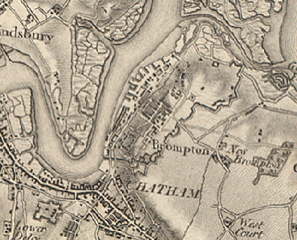


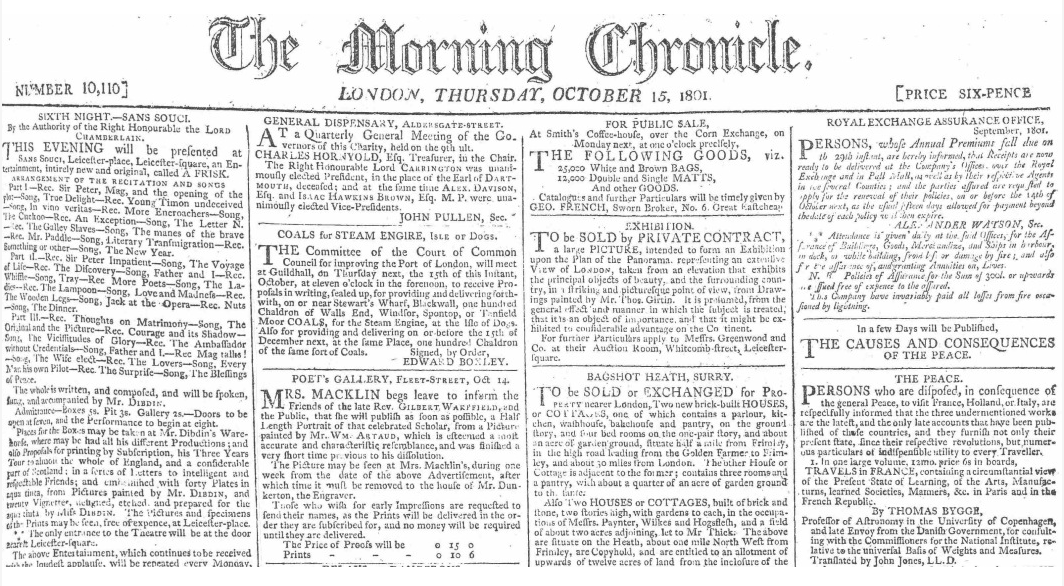
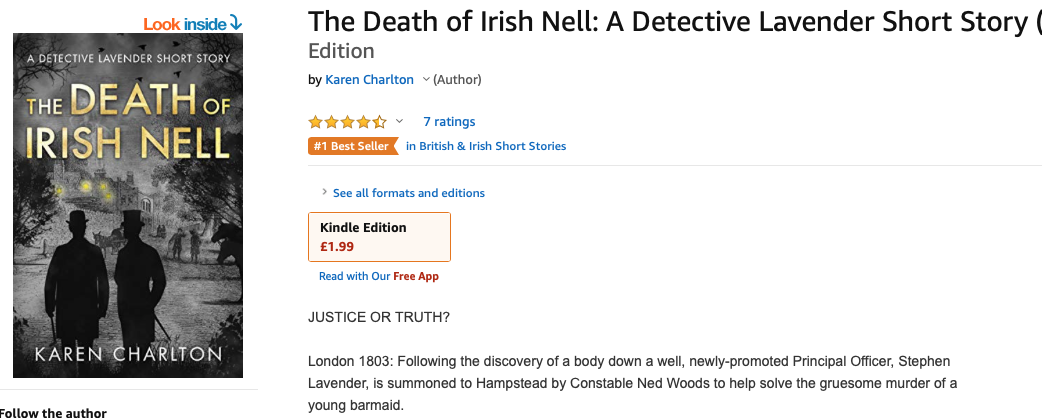
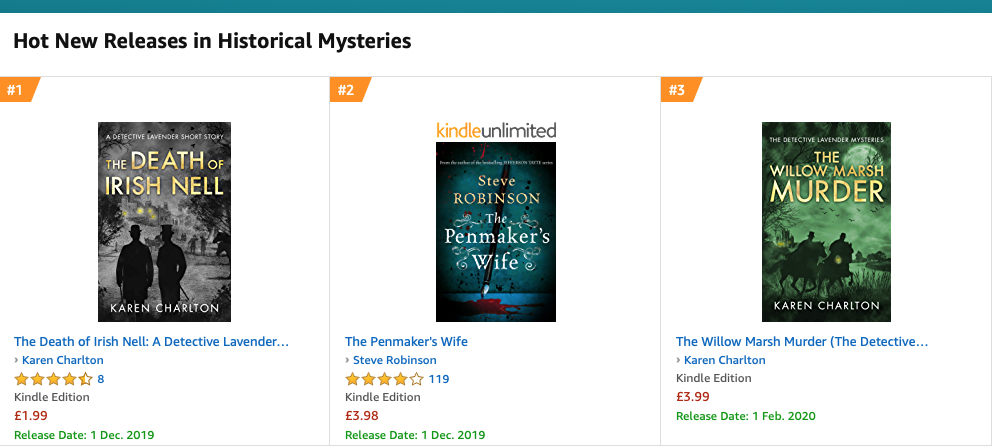
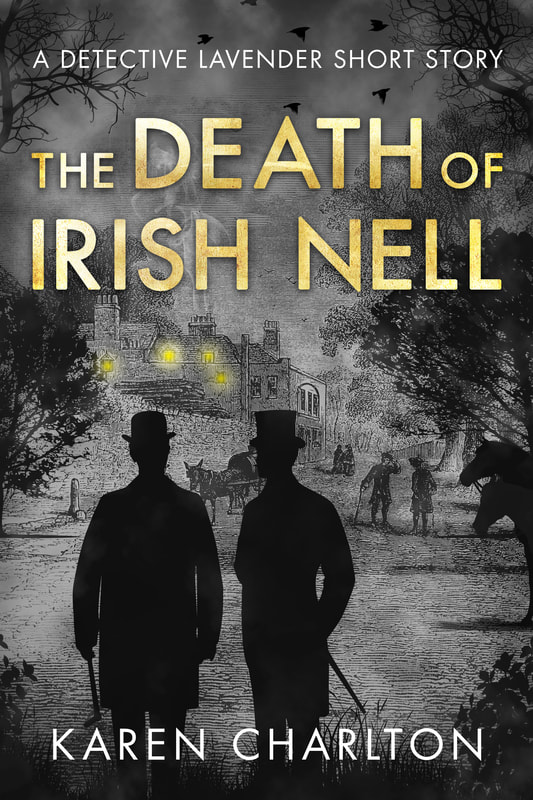
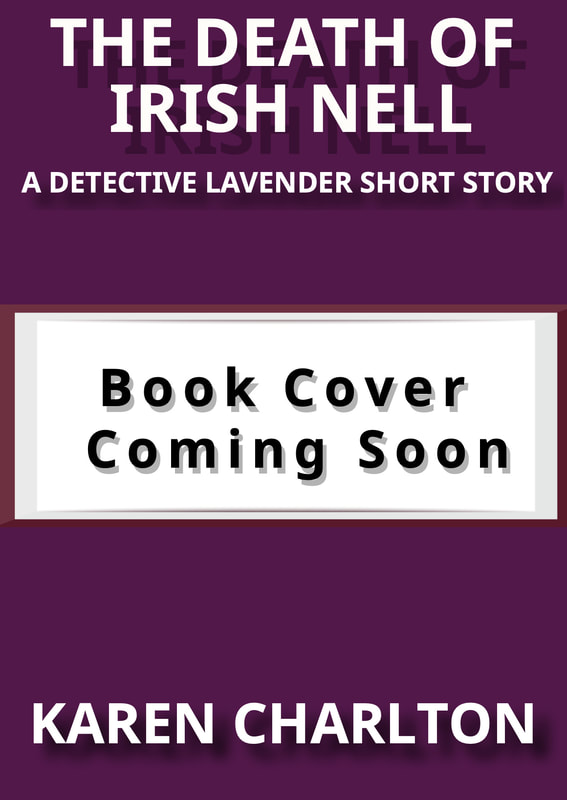
 RSS Feed
RSS Feed